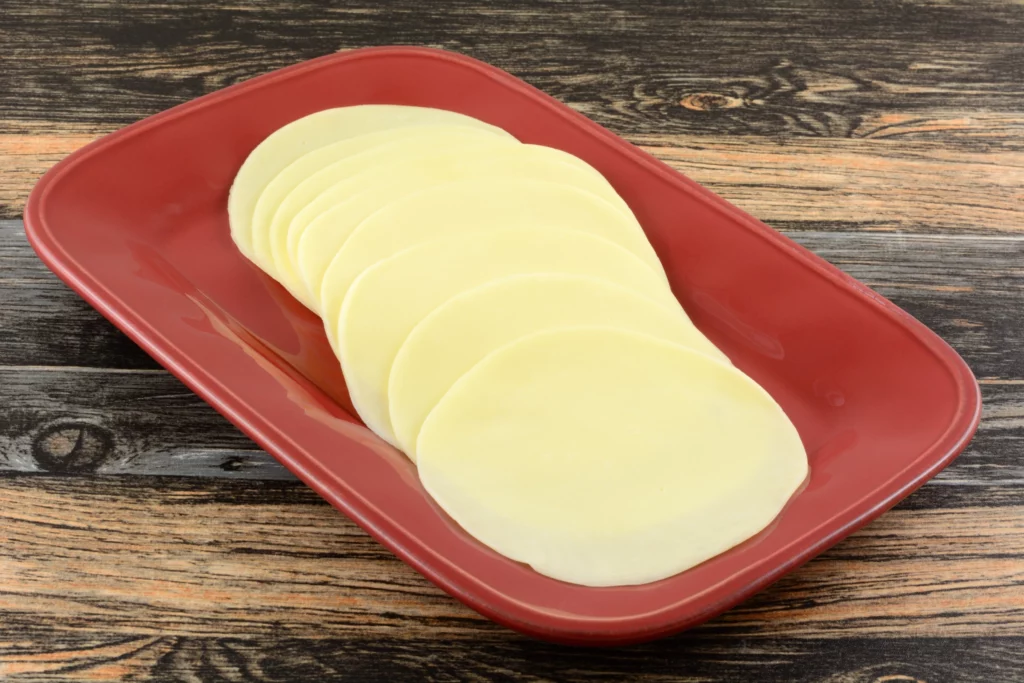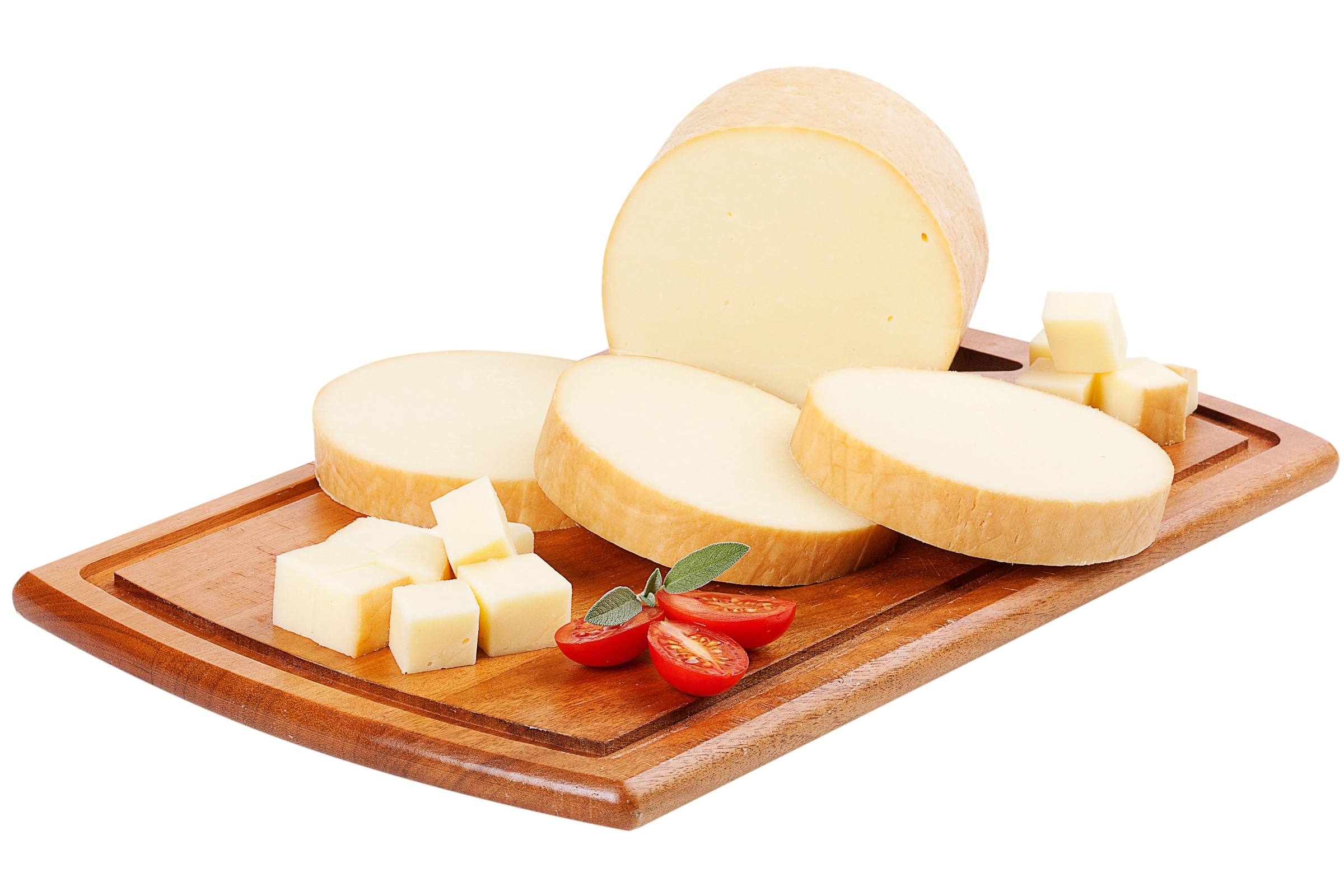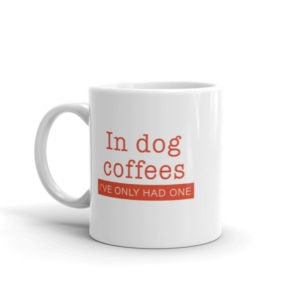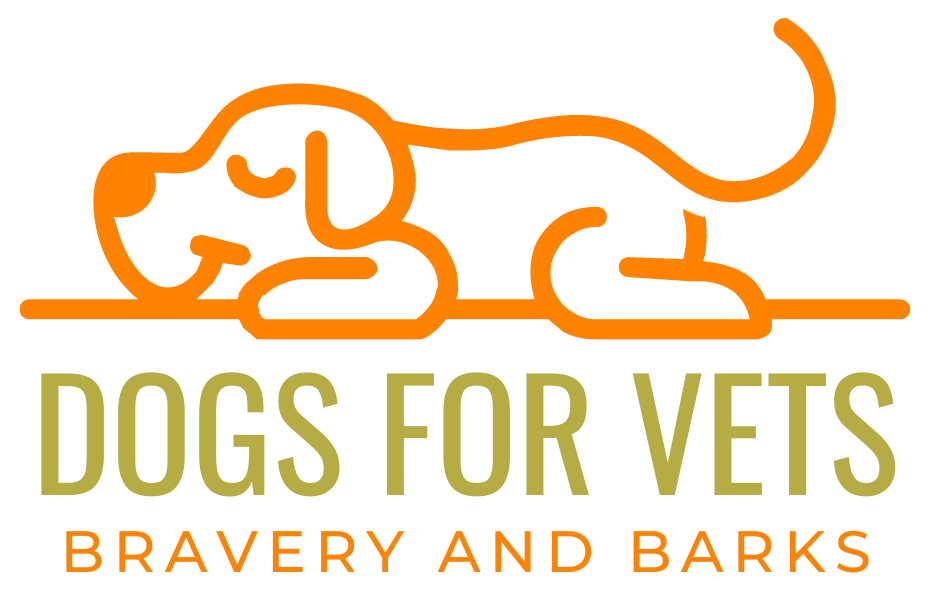This post may contain ads and affiliate links and we may earn a small commission when you click on the links at no additional cost to you. As an Amazon Affiliate, we earn from qualifying purchases. You can read our full disclaimer here.
Can Dogs Eat Provolone Cheese? From Italian Delight to Dog Treats

“Can dogs eat provolone cheese?” It’s a question that’s been on my mind ever since I brought home Daisy, my lively Golden Retriever, and Gunner, my playful Goldendoodle.
Both of them have their quirky eating habits, but one thing they never seem to turn their noses up at is provolone cheese.
Can Dogs Eat Provolone Cheese? Ask Daisy and Gunner
Speaking of cheese, let me share a little secret. There have been times when giving Daisy and Gunner their medicines felt like an Olympic sport.
Picture this: Me, trying to coax Daisy, who’s convinced she’s part of some grand hide-and-seek game, all while Gunner’s watching, probably thinking, “Glad it’s not me this time!”
It was during one such episode that I stumbled upon the idea of using provolone cheese. I simply wrapped the pill inside a slice, and voilà! It went down without a hitch.
Now, every time I pull out a slice of provolone from the fridge, I’ve got two pairs of eager eyes watching my every move, probably hoping it’s medication time.
Funny, isn’t it? How our fur babies make the most unexpected things feel special.
What is Provolone Cheese?

Ah, Provolone cheese. It’s like a trip down memory lane to my Italian roots every time I have a bite. Originating from Southern Italy, provolone holds a special place in the rich tapestry of traditional Italian cheese-making.
Crafted mainly from cow’s milk, this semi-hard delight is recognized by its pale yellow hue and firm, yet yielding texture.
The art of creating provolone is fascinating and deeply rooted in tradition. Fresh milk undergoes curdling, followed by meticulous molding into distinctive shapes, often mirroring a pear or a cone. The aging process that follows can vary, stretching from a couple of months to well over a year.
So, whenever I indulge in a slice of provolone, it’s more than just cheese – it’s a cherished connection to my Italian heritage.
Check out our post about ground venison for dogs!
Can Dogs Eat Provolone Cheese? The Nutritional Lowdown
Let’s get geeky for a moment and break down what’s really inside that slice of provolone cheese you might be considering for your furry friend.
Provolone’s Nutritional Content
- Calories: Just like us, our dogs need to watch their calorie intake. A standard slice of provolone has roughly 98 calories.
- Fat: Packing about 7.5 grams of fat, it’s on the higher side. Remember, fat is energy, but too much can lead to some chunky puppies.
- Sodium: Provolone comes with a sodium punch – about 250 milligrams per slice. We love the taste, but dogs? Their bodies aren’t big fans of too much salt.
- Protein: Here’s the good news. Provolone offers a decent protein kick – nearly 7 grams per slice!
Compared to Other Cheeses
Now, how does provolone fare when placed next to other cheeses?
- Fat: Think about cheddar. It usually has around 9 grams of fat per slice, a tad more than provolone.
- Sodium: Mozzarella, a cheese many of us adore, has less sodium than provolone – about 150 milligrams per slice.
- Protein: Gouda takes the crown here with almost 8 grams per slice, slightly edging out provolone.
So, while provolone has its perks, it also has some things to watch out for. If you’re thinking about sharing a slice with your dog, moderation is key.
Can Dogs Eat Provolone Cheese and Does it Have Benefits for Dogs?
Who doesn’t love a good cheese treat? Our four-legged pals certainly do. Let’s dive into why cheese, in moderation, can be a delightful reward for our canine companions.

High-Value Reward
Every dog owner knows the joy of seeing their pet’s eyes light up at the sight of a treat. Cheese, with its rich and tangy flavors, can be a high-value reward. It’s not just about the taste—its texture and aroma can get those tails wagging in no time. Perfect for training sessions or those special bonding moments.
Calcium-Rich Goodness
Cheese is a natural source of calcium, vital for strong bones and teeth. Especially for growing pups, a bit of calcium can support their developing skeletal structure. But remember, just like with kids, it’s all about balance. Too much of a good thing can be counterproductive.
Packed with Protein
Here’s another win for cheese: protein. Essential for muscle growth, repair, and overall health, protein is a must-have in every dog’s diet. And cheese, provolone included, offers a tasty way to supplement their protein intake.
So, while it’s tempting to shower our dogs with cheesy love, a slice here and there, given thoughtfully, is the way to go. After all, health and happiness go paw in paw!
Potential Risks of Provolone Cheese for Dogs
As much as our dogs might drool over a slice of provolone, it’s essential we’re clued up on the potential hiccups. Let’s dive into some reasons why cheese isn’t always the ideal treat for every pup.
Lactose Intolerance: Not Just a Human Thing
Believe it or not, our canine friends can be lactose intolerant too. Some dogs just can’t break down lactose, the sugar in milk and dairy products, leading to digestive upset.
Symptoms to watch for include diarrhea, gas, or even vomiting. If you notice any of these after giving your dog cheese, it might be best to steer clear in the future.
Say No to Sodium Overload
Provolone, as we touched on earlier, can be high in salt. While a pinch of salt is no biggie, consistently feeding them salty treats can lead to increased thirst, increased urination, and in severe cases, sodium ion poisoning.
The Fat Factor
While a bit of fat is okay and even beneficial, excessive amounts can be problematic. Regularly indulging your dog in high-fat treats can lead to weight gain.
Worse, it can increase the risk of pancreatitis, a painful and potentially serious condition.
In the grand scheme of things, it’s all about balance. Occasional cheese treats? Probably okay for most. But always be mindful, watch for signs of intolerance, and remember: moderation is the doggy treat mantra!
Can Dogs Eat Provolone Cheese as a Medication Wrapper? The Hack Every Dog Owner Should Know
Let’s face it: Getting our furry pals to swallow pills can often feel like a herculean task. But cheese? Now, that’s a game-changer.
The Allure of Cheese
Using cheese as a pill disguise is a trick as old as time—or at least, as old as modern pet care. That rich, creamy texture isn’t just a hit taste-wise. It’s also perfect for molding around a pill or supplement, completely encasing it.
Bye-Bye Bitter Pills
One of the main struggles of administering medication is the taste. Some medications are bitter or simply unpalatable to our pets. Enter cheese. Its strong flavor effectively masks the unpleasantness of the pill, turning medicine time from a dreaded chore into a drool-worthy treat.
Easy Swallow, Happy Pup
Another win for the cheese method? The softness of cheese makes the pill-slipping process smoother. There’s no hard capsule or tablet to contend with—just a cheesy bite that goes down the hatch with ease.
To all the dog parents out there: if you haven’t tried the cheese trick, give it a shot. It could make medicine time a whole lot cheerier for both you and your fur baby!
Provolone Cheese vs. Other Cheeses
When it comes to treating our dogs, there’s a plethora of cheese options to consider. Let’s delve into how provolone stacks up against other canine crowd-pleasers like cheddar, mozzarella, and a couple more.
Provolone: The Italian Staple
Provolone, with its distinctive flavor and texture, is a protein-packed cheese that’s rich in calcium. But, it’s essential to monitor the sodium and fat intake when giving this to your fur friend.
Cheddar: The Bold Classic
A favorite among many, cheddar is richer in fats—about 9 grams per slice. It’s flavorful and often lower in lactose, which can be a boon for some dogs’ digestive systems.
Mozzarella: The Gentle Delight
Known for its softness and mild taste, mozzarella is a gentle choice for dogs. Its sodium levels are more on the friendly side, making it a potentially safer pick for regular treats.
Gouda & Swiss: The Continental Duo
Gouda is rich in both flavor and protein, slightly edging out provolone. Swiss, with its characteristic holes, is moderate in both sodium and fat, making it a balanced option.
Quick Cheese Checklist for Canine Connoisseurs:
- Provolone: Moderate fat, higher sodium, solid protein.
- Cheddar: High fat, medium sodium, less lactose.
- Mozzarella: Low fat, low sodium, mild.
- Gouda: Moderate fat, moderate sodium, high protein.
- Swiss: Balanced fat and sodium, good protein content.
Remember, every dog is unique. While one might gobble up Gouda with glee, another might favor the milder mozzarella. The key is to observe, experiment in moderation, and find what suits your pup’s palate and tummy best.
Can Dogs Eat Provolone Cheese? General Tips for Giving It to Dogs

Cheese, a delicacy we adore, is often something we’re tempted to share with our four-legged pals. To ensure our pets relish this treat safely, let’s lay down some ground rules.
It’s All About Balance
Cheese is delightful, yes, but remember, moderation is your best friend here. A bite or two is a treat; any more can be an overindulgence for our furry friends.
Tread Gently with New Varieties
Introducing your dog to a new cheese? Take it slow. A piece today, maybe another in a couple of days, can help acclimate their stomach to the change.
Allergy Alerts: Know the Signs
Dogs, just like us, can exhibit signs of allergies or intolerances. After serving up cheese, keep an eye out for:
- Itching: Excessive scratching more than the usual.
- Redness: Particularly around the eyes, mouth, or paws.
- Swelling: Facial swelling can be a clear giveaway.
- Digestive Upsets: Diarrhea, vomiting, or excessive gas.
Spotting any of these signs? It’s crucial to halt the cheese treats and consult a vet.
Serving cheese to our dogs is a mix of joy and responsibility. As long as we’re attentive and informed, it can be a delightful experience for both pet and owner!
So Can Dogs Eat Provolone Cheese? Wrapping it Up
Cheese, with its creamy texture and irresistible taste, is undoubtedly a favorite among many, including our dogs. From the sharp tang of cheddar to the mild caress of mozzarella, and our discussed provolone, there’s a world of cheesy options out there.
Yet, as with everything we offer our furry friends, it’s essential to be guided by knowledge and care.
Through understanding the nutritional aspects, recognizing the benefits, and staying vigilant about potential risks, we can ensure that cheese remains a delightful, occasional treat rather than a health concern.
For Daisy, Gunner, and all our pets, these small morsels of indulgence symbolize more than just treats. They represent shared moments, bonding, and love.
Let’s continue to make these moments memorable, but always with an eye on their health and well-being.
-

Coffee Mug – In Dog Coffees I’ve Only Had One
Price range: $11.95 through $14.95 Select options This product has multiple variants. The options may be chosen on the product page
